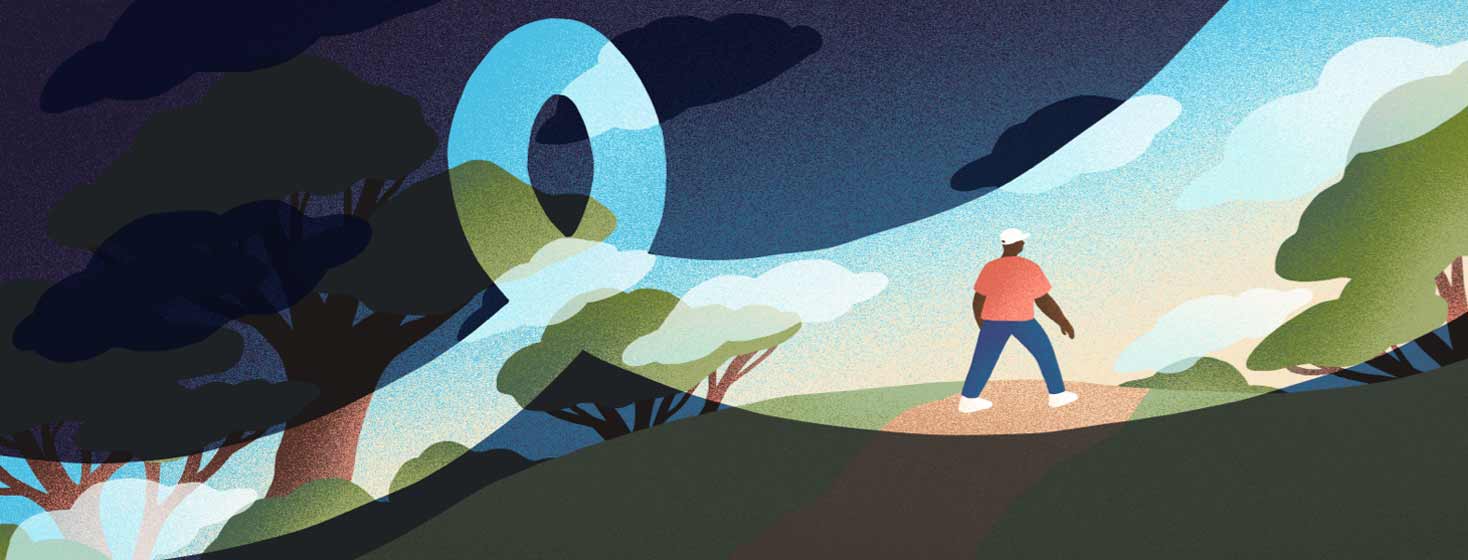Back to Reality: Coping with Bladder Cancer Inconveniences
My work has been brilliant to me. I am hyper-aware of how poor some people have been treated by their bosses. For me, we worked out a way forward through the storm and have come out the other end fairly unscathed. I say fairly, not to judge their part, but on mine. I have often thought that once I finished treatment then I will get past the bladder cancer inconveniences and back to normal.
Normal. Hm, normal is not going to happen - for anyone, really. But my normal is way off in the distance. I made a list of activities that I used to do before cancer with a corresponding list of how and what I would have to change to carry on as before.
Person first, cancer patient second
Firstly, part of me has always admired those who refuse to let cancer define them.
The day I was diagnosed I went into the local park and saw a young boy, about 12 years old. He clearly showed signs of chemotherapy - no hair, sullen eyes, but he was playing football with his friends. At that moment I was determined not to let cancer define me. It will be part of me, I will tell everyone about my story, but it will not be who I am. I am Nick Chadd first, a cancer patient second.
Bladder cancer inconveniences
However, trying to get back to my normal has been difficult. The devil is in the details, as they say. I have found that the 'inconveniences' that bladder cancer presents are becoming all the more noticeable.
Control
Control is an issue. My cancer was situated on the trigone, the area that sends the message from the bladder to the brain that you need to go, so post-surgery was difficult. I had to 'potty train' again as the message just was not getting through, but perseverance has meant that some control is back. Well, 20 seconds at least.
Fluid intake and a proper toilet
Then the issue is compounded. Hydration is essential to living, we all know that. If I need to go for any length of time without access to a proper restroom, I don't drink - now that is dangerous.
Added to that is the need to hydrate. I can drink a significant amount of fluid to hydrate and flush out my body and bladder but I will need access to toilets. Also, I have limited movement during the day, as I've said work has been great and has worked with me to put necessary controls in place. But home life and private life are a little bit more difficult.
Organization and adjustments: required
I don't come home from work and sit in a chair drinking fluid the whole night, going to the toilet often. As I have said, this isn't going to define me but it does need a bit of organizing on my behalf to return to my normal. But how much of a change is it going to be – and how much more liberating would it be if I could opt for a full bladder removal as opposed to bladder surgery?
I suspect it would come down to how active I am going to be, and also -gulp- how much I am willing to give up! At this stage of my journey, I'm not willing to give up anything that I didn't do before surgery but I am aware that there will be adjustments.
A course back to normal
Time will of course be the judge on this. My main two hobbies – drumming and mountaineering (though not together!) have had to take a break. I just picked up drumming in March 2021, and so far so good, but I have yet to play with a band or at a live event. That will be the test as I will have to monitor my fluid intake.
Mountaineering hasn't happened primarily because of COVID-19 restrictions. They are being lifted as I write so hopefully I will be back in the mountains - I need it, as it is great for my mental health. Would you like to talk to others in the community about coping with bladder cancer inconveniences? Reach out in our forums.

Join the conversation